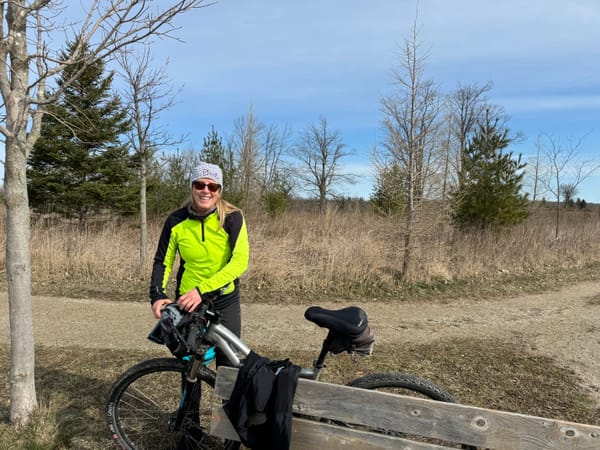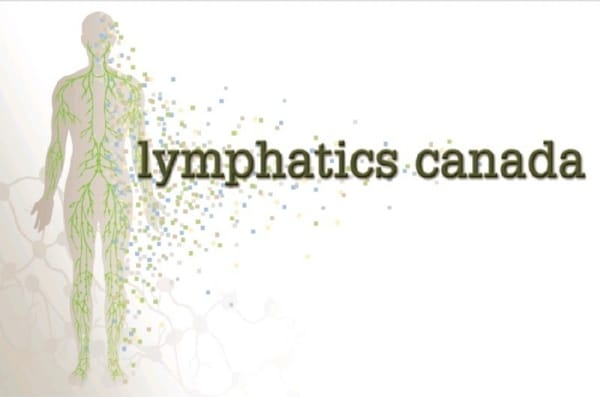HOW PHYSIOTHERAPY HELPS IN POSTPARTUM WOMEN

Dealing with pelvic health issues after having a baby is common and left untreated can lead to decreased physical and mental health, isolation and depression. Many women do not return to the activities they once enjoyed due to fear of embarrassment.
What is the pelvic floor?
The pelvic floor muscles are a group of muscles that attach to the front, back and sides of the pelvic bone and sacrum, which act like a hammock or sling. They also wrap around your urethra (where urine comes out), rectum, and vagina. The pelvic floor muscles must be able to contract to maintain continence and relax to allow for urination, bowel movements, and in women, sexual penetration.
Potential pelvic floor issues postpartum:
1. Pelvic floor dysfunction: Pelvic floor dysfunction can be as a result of carrying a child for 9 months and delivering either vaginally or through a C-section.Dysfunction may present as tension, weakness, or sensitized tissue, all of which can be treated by physiotherapy. Dysfunction may result in urinary or fecal incontinence, pelvic organ prolapse, or pain.
2. Bladder and Bowel Dysfunction: A woman may experience urinary or fecal urgency immediately postpartum. Many women experience stress urinary incontinence, which is leakage of urine with activities such as coughing, laughing, sneezing, or running. Pelvic organs including the bladder, uterus, and rectum may prolapse or hang lower than usual. Constipation or inability to fully evacuate your bowels may ensue.Treatment in physiotherapy may include learning to use the breath to relax and lengthen the pelvic floor muscles, or how to properly contract the pelvic floor muscles so that you can develop strong, healthy muscles that support your pelvic organs and assist your sphincters in keeping you continent.
3. Painful Scars: Pelvic health physiotherapists can provide education and guidance on scar management, whether it is from vaginal tearing/ episiotomy during childbirth or a C-section scar. With the help of a desensitization technique, the therapist will teach first how to start gentle touch around the scar in non painful manner.When gentle touch becomes tolerable, your physiotherapist might have you do skin rolling around or on the scar. On a C-section scar, your therapist may teach you to pick up the scar or gently stretch it in all directions in order to get flexibility in scar and also to ensure that scar should not adhere to the surrounding tissues.
4. Dyspareunia: Dyspareunia refers to the experience of painful intercourse. This can occur in the postpartum phase for a few reasons. First, tissue injury from natural tearing or an episiotomy can leave that area feeling more sensitive than usual.Second, the postpartum period can be a time of vaginal dryness, particularly if you are breastfeeding. Repeated application of lubrication during intercourse is a must. Pelvic health physiotherapists use many different approaches to treat dyspareunia including education, desensitization strategies for both the tissue and nervous system, scar tissue mobilization, and
accommodators (cylindrical objects of progressively larger sizes used to help the vagina and brain become accustomed to stretch once again). This is all with the goal of helping a patient enjoy sex once again!
5. Diastasis: is the separation of the right and left rectus abdominis muscles or the six-pack muscles due to stretching and thinning of the linea alba, which is connective tissue that runs vertically from the bottom of your ribs to the top of your pubic bone, joining the right and left sides of your abdominal muscles. During pregnancy, it is normal for the linea alba to stretch to accommodate the growing fetus. For some women, the gap between the abdominals shrinks back to its pre pregnancy state quickly and without effort. For other women, the gap remains.Therapist will help you to learn engaging of core and core strengthening exercises.
Your therapist will teach you how each of these muscles works together in a synergistic manner and will show you how to engage each of these muscles correctly, all the while breathing comfortably. When you have learned to activate your inner core, your therapist will progress your exercises to include larger muscles groups, eventually working into functional movements such as squatting and lifting, all the while engaging your core in an effective manner.
6. Exercise: it has so many benefits on whole-body health including mental and emotional well-being that it is imperative to include in the postpartum period and beyond. It is recommended that women start pelvic floor exercises in the immediate postpartum period to reduce urinary incontinence. In general, it is suggested that a woman avoid high impact activity such as running or aerobics or rigorous strength training until at least six weeks postpartum. However, for many women six weeks is too soon to return to prepartum activity levels. The return to exercise needs to be considered on an individual basis with your therapist, but must always be done in a graduated manner.Returning to exercise in the postpartum period should not be a race, but instead, a time to be gentle with your body. Don’t forget it just performed the miracle of bringing a tiny human into this world.
Resource:www.pelvic health solutions.ca
Contributed by Sumeet Kaur, Registered PT, Pelvic Floor Physiotherapist, InFocus Rehabilitation Centre Inc, 1-905 702 7891





